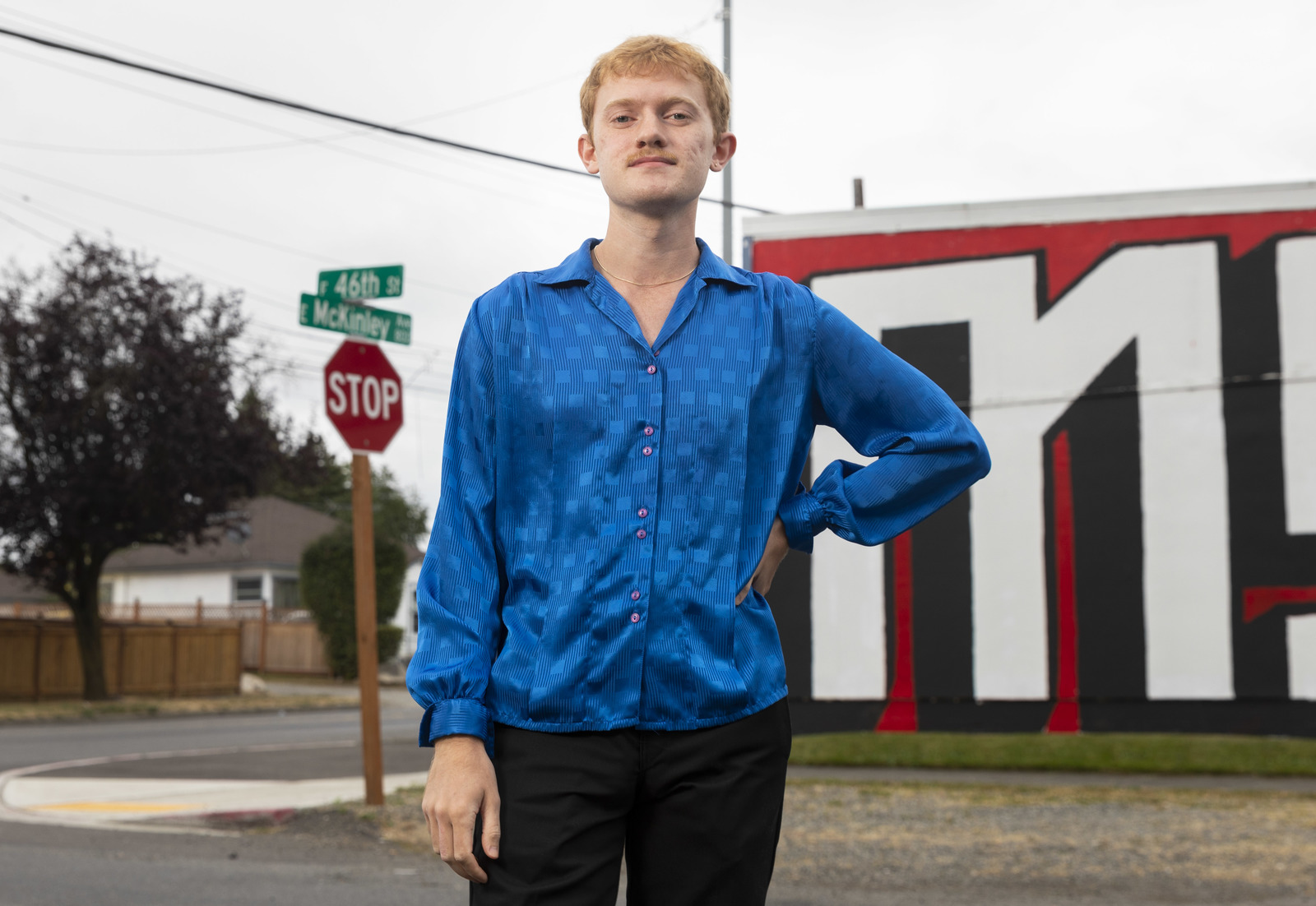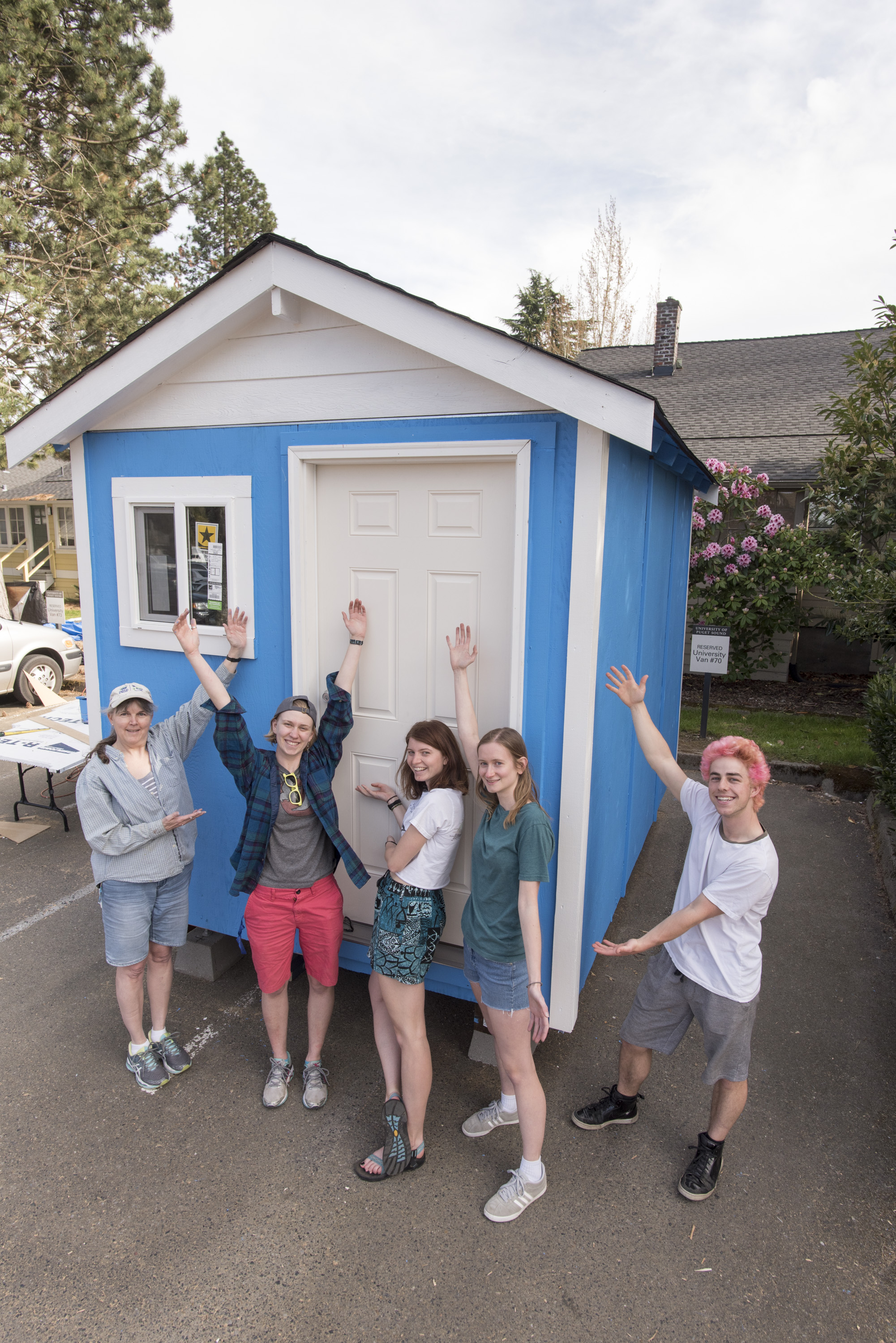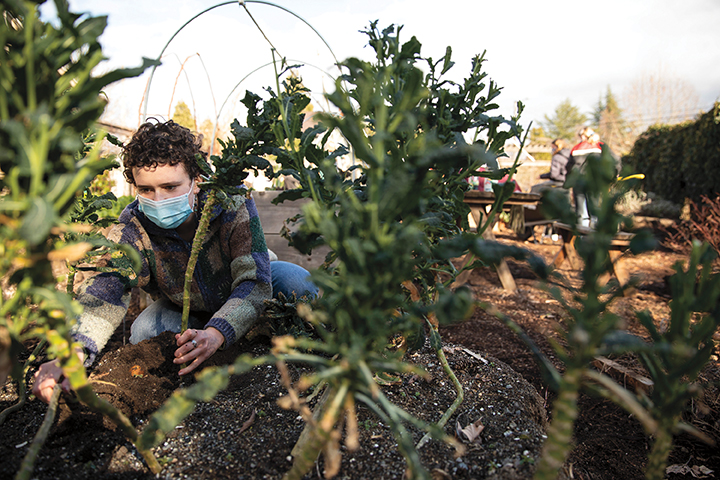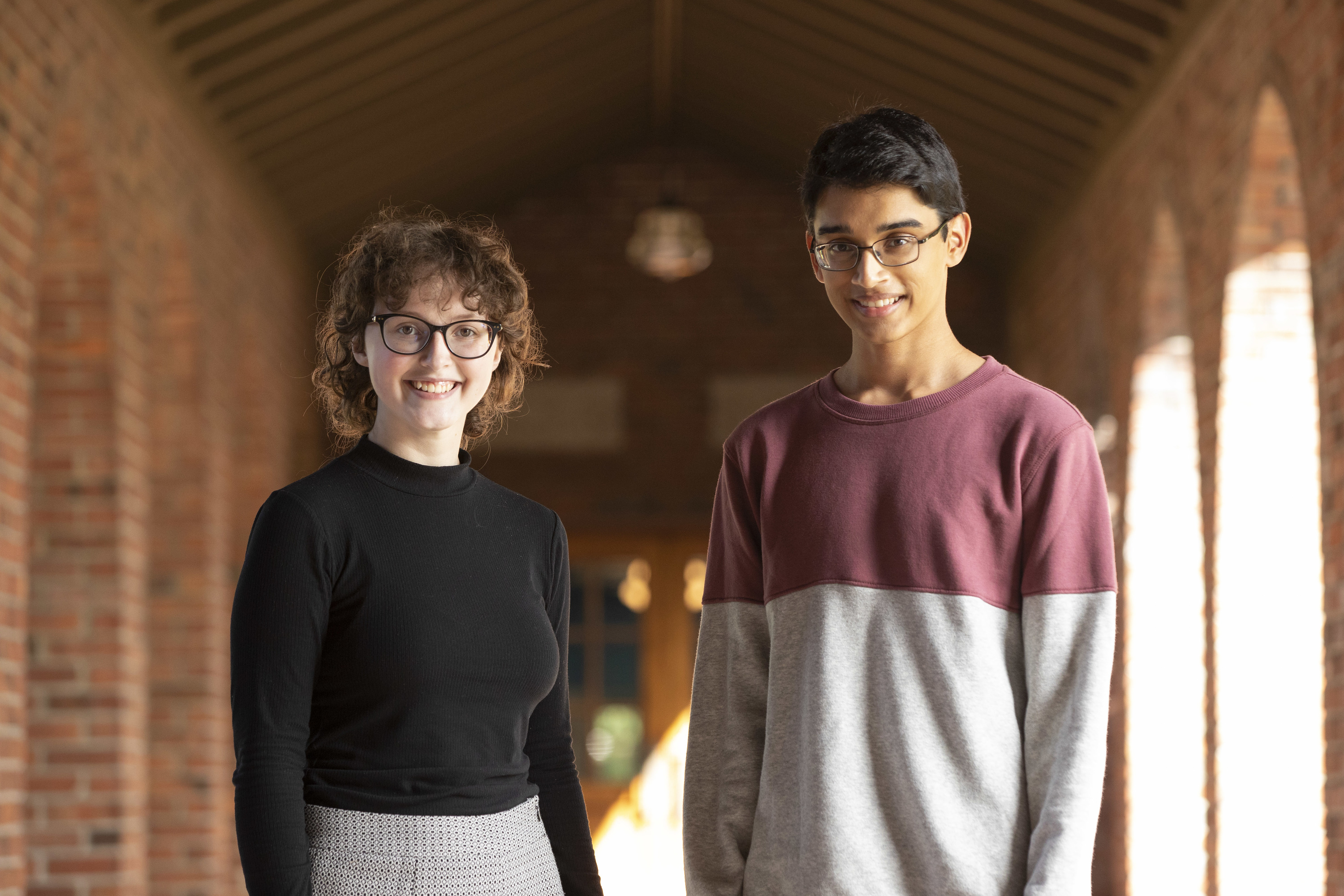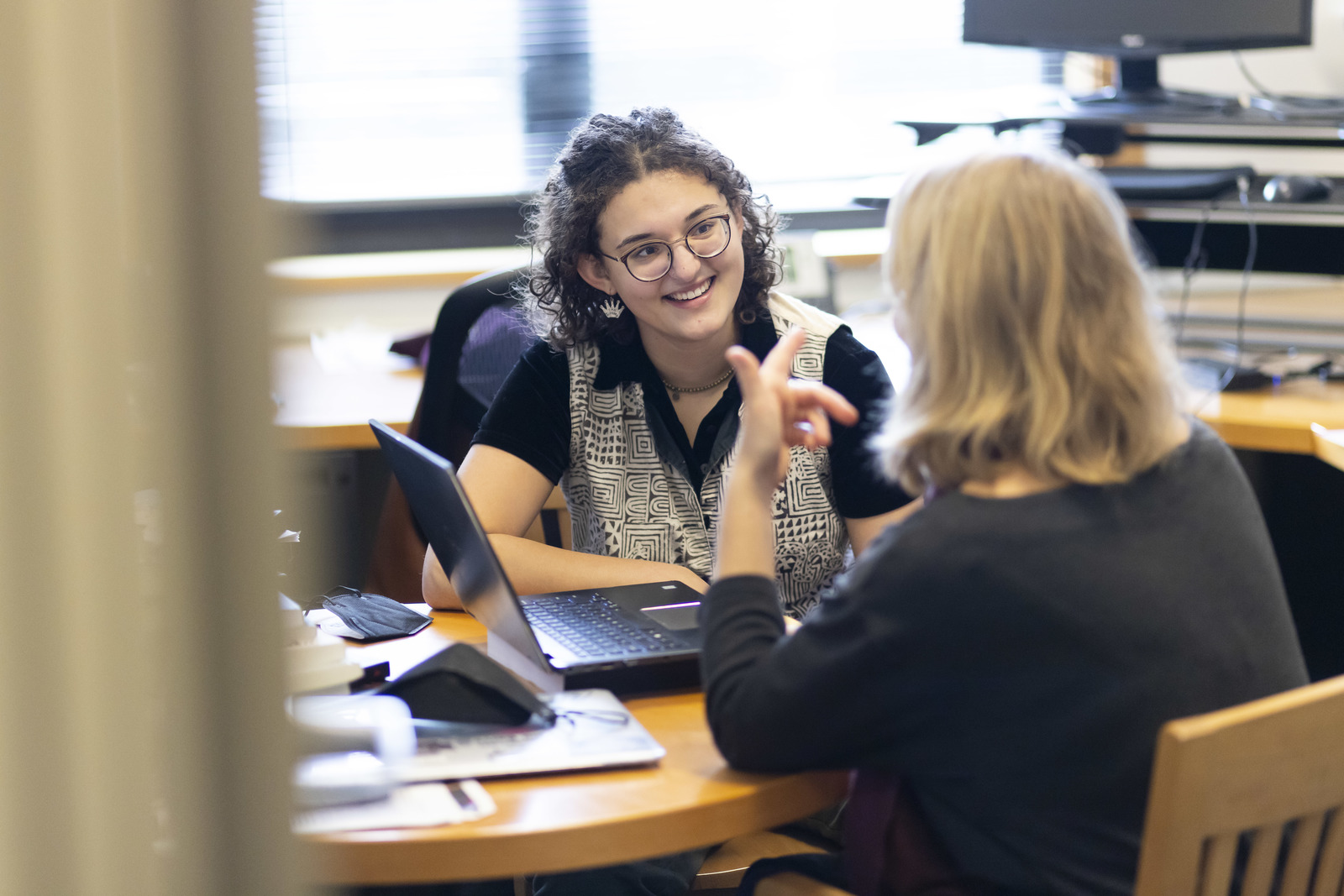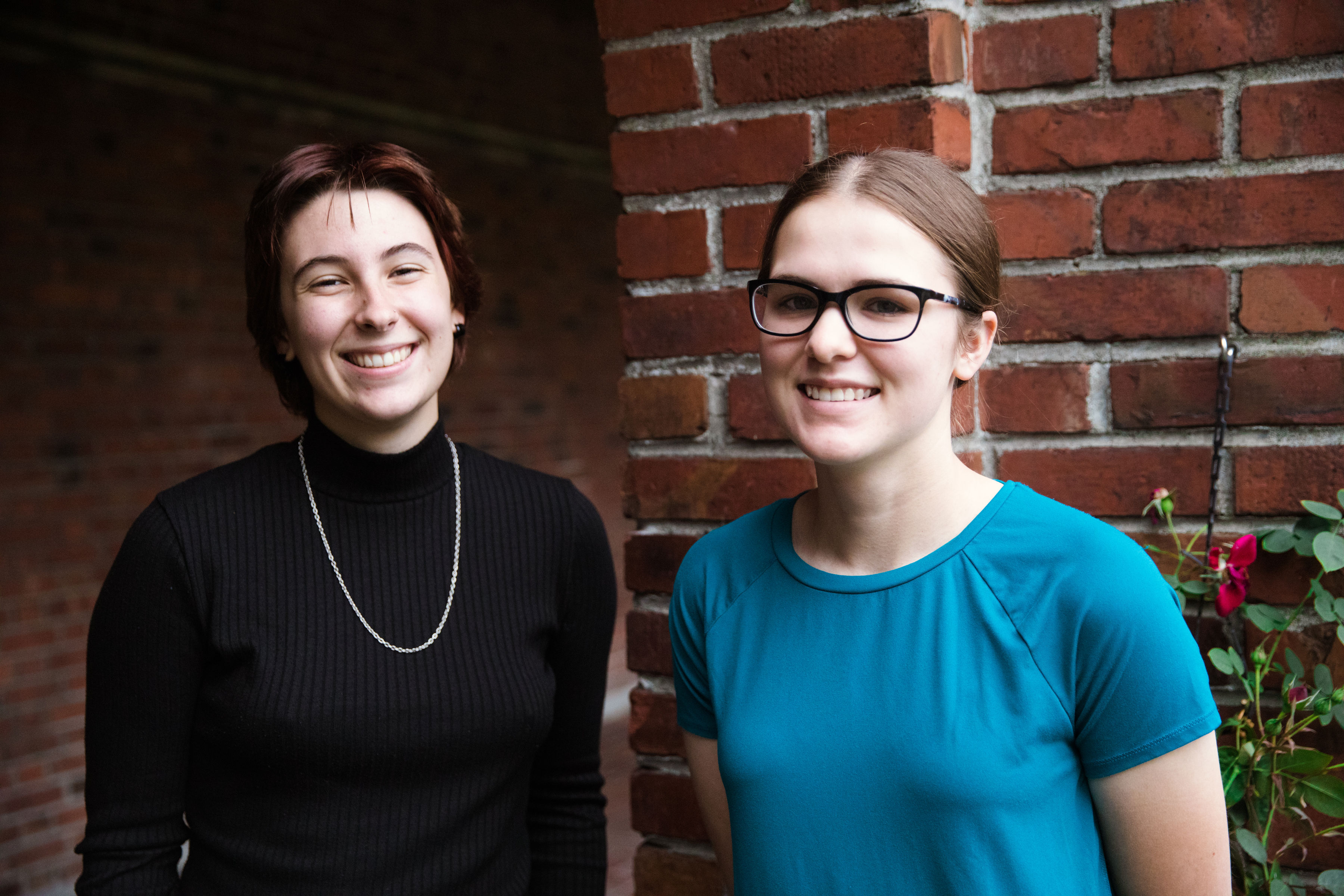In an independent research project, Puget Sound student Daniel Pollock ’22 explores the experiences of queerness and belonging
As a first-year student in Ann Putnam’s Introduction to Creative Writing course, English major Daniel Pollock ’22 was given an assignment to write about a memory or a moment he thought he had forgotten. Not only had the memory he chose stayed with him, but three years later, it would inspire an independent research project exploring identity and belonging, and help Pollock reshape the narrative of his own life.
“I started writing about this elusive figure who lived across and down the street from my family when we lived on the eastside of Tacoma,” Pollock recalls. But that story morphed into something new when, through a 10-week summer research project, he revisited the assignment and resulting manuscript with fresh eyes, and reshaped it to focus on his own experience of coming out as a gay man in a religious household.
